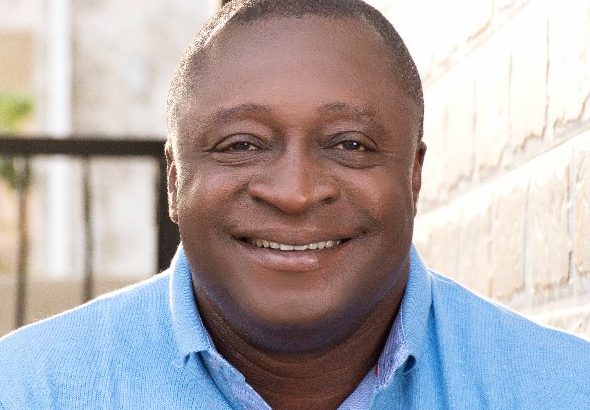A Water, Sanitation and Hygiene (WASH) Specialist with UNICEF, Mr Bioye Ogunjobi, has called on states to show more commitment toward scaling up sanitation services and access to water supply in the country.

Ogunjobi made the call while delivering a report on the end of the UNICEF funded Sanitation, Hygiene and Water (SHAWN II) programme at the monthly meeting of the National Task Group on Sanitation on Wednesday, January 27, 2021.
He said it was worrisome that many states were not showing enough commitment to improving access to potable water and sanitation in the states.
He noted that it was time the Federal Ministry of Water Resources spearheaded and influenced states governors to respond to increasing needs in the WASH sector.
“As we all know, the momentum in the Federal level (Abuja) is very encouraging, but we don’t have the same momentum at the states level.
“In fact, we have very few states that are interested in combating open defecation, we have had governors of Jigawa, Katsina, Kaduna, Edo, Ekiti, Osun talking about it and taking the lead.
“In states like Cross River where we have wonderful platform with six LGAs that are open defecation free, we still do not have that kind of response that we expect from government.’’
The WASH Specialist noted that the 2019 WASH National Outcome Routine Mapping (WASHNORM) showed that only two per cent of Abia and Zamfara state population practiced open defecation as against four per cent in Kano state.
This, he said, was a cause for concern as the four per cent population in Kano practicing open defecation was huge, stressing the need for the state to step up action to change the narrative.
He said states ought to be supported in ensuring that they promote hygiene and scale up their sanitation ladder.
According to him, there is the need to support and engage the private sector more in WASH service delivery, commending efforts of the Organised Private Sector for its present commitment.
Commenting on key learnings from the SHAWN II programme, Ogunjobi said so far, no fewer than 15 million people were reached on hygiene awareness and 12.1 million people gave access to safe water services.
He highlighted that such interventions were in the area of safe excreta disposal, proper handwashing at critical times, and water safety plans to ensure that water sources were safe till consumption point.
According to him, in the SHAWN II programme, UNICEF focused more on rehabilitation of water points through Tulsi Chanrai Foundation, as against construction of new water points as this is aimed at reducing borehole proliferation.
He said the concept of sanitation marketing was implemented, in which households were given small loans to build toilets from pit latrines to simple and affordable pour-flush toilets through Microfinance institutions.
Ogunjobi, however, said this was not sustainable as a large portion of the beneficiaries had issues with loan repayment, which was due to high interest rates among others.
In support of the Federal Government’s efforts to address the country’s water and sanitation challenges, UNICEF Nigeria implemented a DFID-funded Sanitation, Hygiene and Water (SHAWN II) project in Nigeria in 104 LGAs in eight states.
The overall goal of SHAWN is to contribute to the reduction of water and sanitation-related disease.
It is also to improve health and to facilitate the adoption of the LGA-wide approach to water and sanitation delivery in non-intervention LGAs.
By Tosin Kolade
